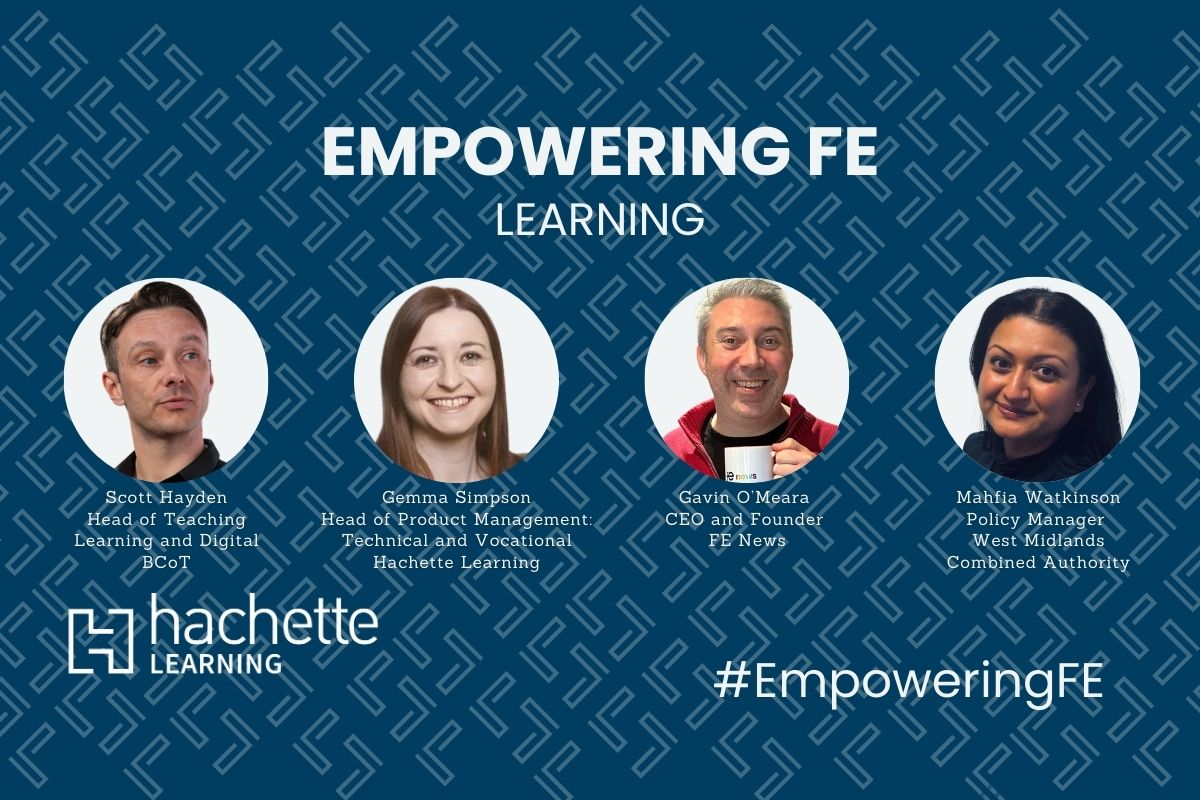The skills and capabilities required to find employment in the competitive market

A forward-thinking outlook on the education-to-career path
UK job vacancies and unemployment rates have hit a record-breaking high, while people aged 18-24 who are not in education, employment or training (NEET) are at considerable record lows. This is according to the most recent Office of National Statistics and ‘NEET’ data.
While this should be celebrated, today the UK’s next generation of talent worry that they lack the necessary skills and capabilities to find employment in an increasingly competitive and crowded job market. How do you stand out from other candidates and secure the dream job? The truth is employers demand that a successful candidate can demonstrate experience in both academic and practical skills for their application to be considered.
But this leaves many stuck in the negative, never-ending and all so familiar loop – unable to gain experience because of a lacking career and also unable to get hired due to a lack of experience. The prioritisation of theoretical skills over practical capabilities is the reason so many recent graduates struggle to find entry-level positions.
This is a common concern faced by many young people who are starting their careers. For many, higher education is outdated. It is no longer a vibrant, fit for purpose solution to a career because it lacks connection to the needs of a globalised and digital workforce. I feel the same to be true from a business perspective. Tertiary education is not equipping our workforce with the tools they need to thrive, not to mention the capabilities a business needs to sustain growth in such a fast-paced, competitive environment.
Many individuals are looking to alternative education routes such as bootcamps, qualifications and apprenticeships to ensure the theoretical knowledge and practical skills they will learn are interconnected and able to support one another. Many businesses across the nation are also readily taking part. Take apprenticeships for example, where the development of hands-on workplace experience, is directly tailored to the industry of choice.
Recent government data demonstrates that apprenticeships are providing hundreds of thousands of candidates with relevant capabilities to find employment. Knowing how crucial the development of capabilities is to our future workforce, alternatives skills pathways are increasing in popularity and importance for young people and businesses alike. This was made clear in the research we at Avado commissioned that looks at the widening skills gap, called Beyond Skills.
Pria Duncan is an example of this, who, at the young age of 23 discovered Avado’s youth work-readiness programme called FastFutures where she was, free of charge, able to develop the necessary skills to meet the needs of current employers and kickstart her career.
“Prior to FastFutures, I was acting as a secondary carer for my nephew, and I was doing digital marketing internships, a bit of accounts and admin, assistant roles – just trying to build up a skillset. I felt that with my choice of A-Levels I didn’t have that many options, and the fact that I don’t have a degree, I thought my options were limited. I was applying regularly but wasn’t making much traction or getting any feedback.
Then I came across the Avado FastFutures programme – what drew me to it was the idea of being able to cover so many different modules in so many different areas – data, finance and marketing, coupled with the practical and social skills that would actually help me when it comes to applying for jobs and sitting interviews. Being able to garner the necessary skills and capabilities that businesses really need to thrive today was crucial.
Having mentorship and networking opportunities at the beginning of my career has been life changing. Today I am a researcher for a show on the Sky Arts channel, and I don’t even have a degree!”
The conversation around skills is circular, and the university model needs to evolve significantly to meet the needs of employers. Capability development will be the way forward for the future of our workforce, and the ONS data surrounding record-high job vacancies is a critical reminder of this. More attention is needed for our youth workforce, and alternative skills pathways to career opportunities are a large piece of this puzzle.
Mark Creighton, CEO of Avado










Responses